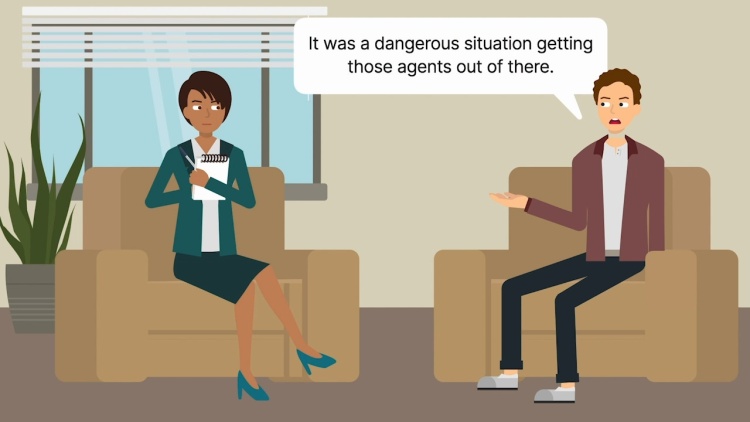WFAA-TV, Inc. v. McLemore
Texas Supreme Court
978 S.W.2d 568 (1998)

- Written by Josh Lee, JD
Facts
In 1993, federal agents with the Bureau of Alcohol, Tobacco, and Firearms (ATF) raided a compound in Waco, Texas, occupied by a small religious sect called the Branch Davidians. A local television reporter, John McLemore (plaintiff), was dispatched to cover the raid with a cameraman. McLemore followed the agents onto the compound and reported live while a firefight broke out between the agents and the Davidians. Several agents and Davidians were killed, and 20 agents were wounded. McLemore and the cameraman assisted in transporting some of the wounded agents off of the compound. A few days later, several news stations began reporting that agents believed that members of the media were responsible for tipping off the Davidians of the upcoming raid. WFAA-TV (defendant) repeated the allegation and noted that McLemore was at the scene during the raid. McLemore gave numerous interviews about his role and portrayed himself as a hero for assisting wounded agents. McLemore sued several news agencies, including WFAA-TV, alleging that the statements about a member of the media tipping off the Davidians and McLemore’s presence on the compound constituted defamation. WFAA-TV moved for summary judgment, arguing that McLemore was a public figure and that there was no actual malice in its reporting because it explained the foundation of the facts in its reporting. The trial court denied the motion, and the court of appeals affirmed. WFAA-TV petitioned the Texas Supreme Court for review.
Rule of Law
Issue
Holding and Reasoning (Hankinson, J.)
What to do next…
Here's why 907,000 law students have relied on our case briefs:
- Written by law professors and practitioners, not other law students. 47,100 briefs, keyed to 996 casebooks. Top-notch customer support.
- The right amount of information, includes the facts, issues, rule of law, holding and reasoning, and any concurrences and dissents.
- Access in your classes, works on your mobile and tablet. Massive library of related video lessons and high quality multiple-choice questions.
- Easy to use, uniform format for every case brief. Written in plain English, not in legalese. Our briefs summarize and simplify; they don’t just repeat the court’s language.





